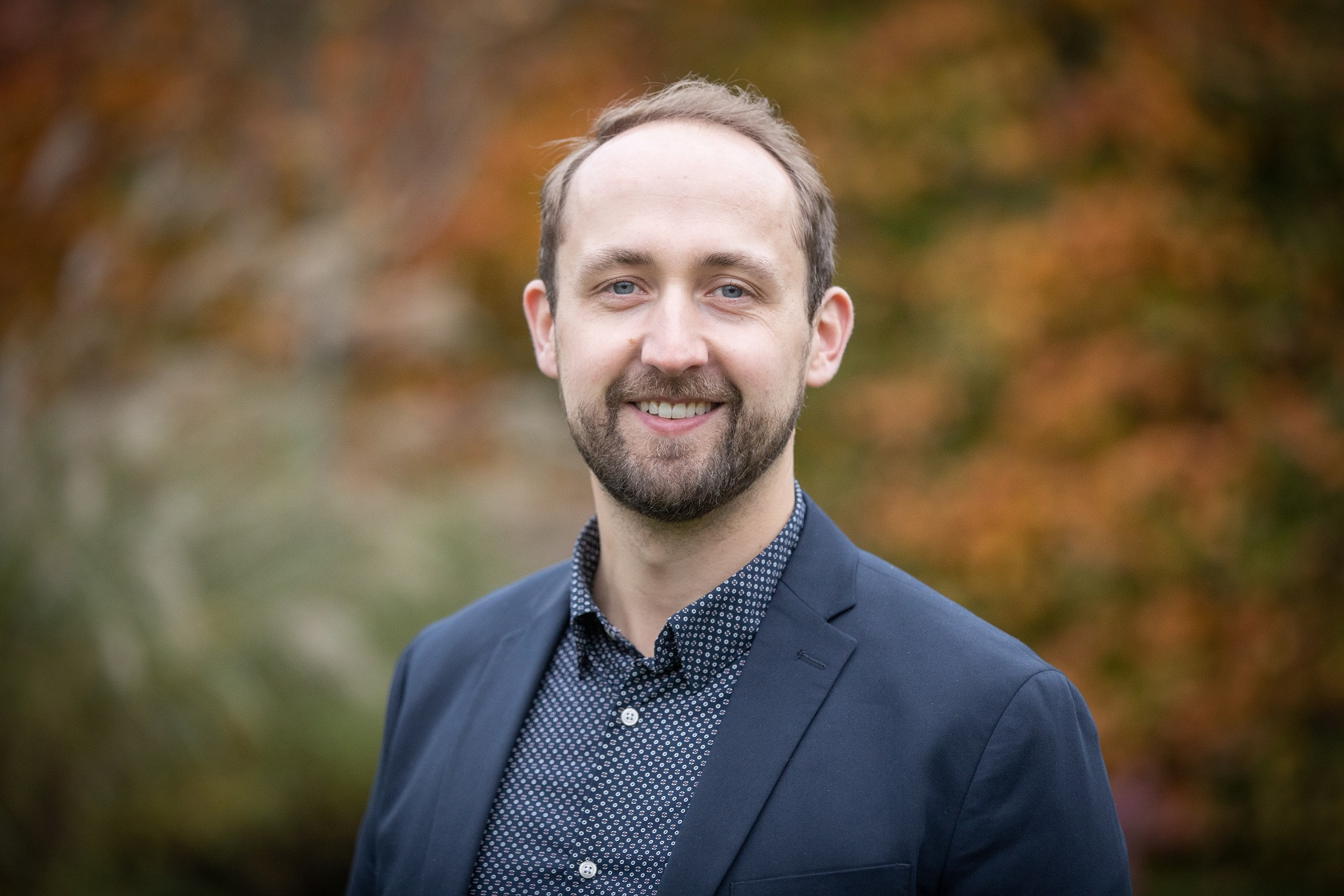Dr. Askes earned his PhD in Chemistry cum laude from Leiden University (2016), where he developed expertise in light-activated nanotechnologies for medical applications. He pursued postdoctoral research at Friedrich Schiller University Jena in Germany (2017) and at AMOLF in Amsterdam (2017-2019), focusing on plasmonic photocatalysis, self-directed photoelectrochemical synthesis of catalysts, and unconventional nanophotonic materials.
In 2019, he established his independent research program with the support of prestigious grants, including an NWO VENI and NWO-XS, and joined Vrije Universiteit Amsterdam in 2021. In 2023 he advanced to the rank of assistant professor and started teaching in the Mechanical Engineering bachelor program shared between the University of Twente and Vrije Universiteit Amsterdam. In 2023 he was awarded an ERC Starting Grant (1.500 k€) and in 2024 a National Growth Fund (NGF) grant together with colleague Charusheela Ramanan (600 k€, 2024).
Dr. Askes's interdisciplinary approach, combining curiosity-driven research with practical applications, positions him as a leading figure in the development of innovative and sustainable technologies. His group combines photothermal catalysis experiments, Raman spectroscopy, finite-element modelling, and microkinetic analysis, through which a detailed understanding is obtained on how periodic illumination affects the energy efficiency and selectivity of catalysts.
As a researcher, Dr. Askes brings together deep curiosity, technical ingenuity, and a collaborative spirit. His interdisciplinary approach and commitment to sustainability make his research not only innovative, but also deeply relevant to the societal challenges of today and tomorrow. Throughout his career, Dr. Askes has published extensively in leading scientific journals such as Angewandte Chemie, Advanced Materials, ACS Catalysis, and Journal of the American Chemical Society (JACS). His contributions have been recognized with several awards and honors, including the HRSMC Dick Stufkens Prize for best PhD thesis in 2019.
He is an active mentor, educator, and scientific organizer of scientific events, notably serving as the main organizer of the 2024 Lorentz Workshop on Dynamic and Stimulated Catalysis and in the program committee of NWO CHAINS in 2024 and 2025.
